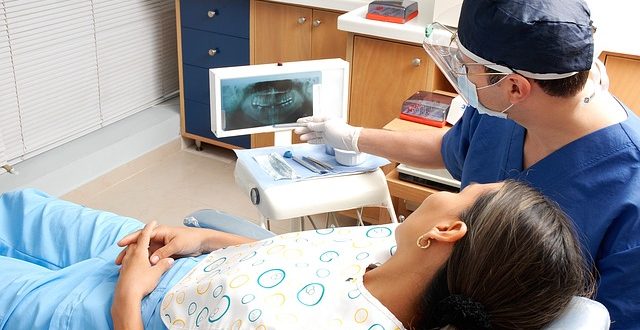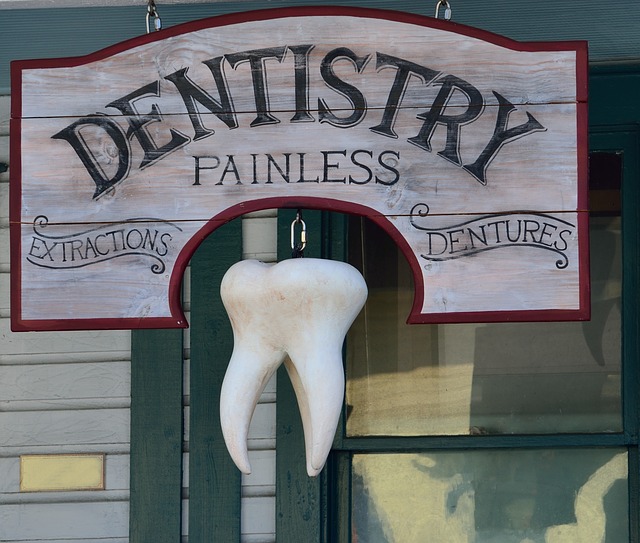If you are someone who frets about going to the dentist, you are not alone. Some reports estimate a whopping 60% of people have fear or anxiety about visiting their dentist. Furthermore, there is an actual condition classified as a mental disorder called dentophobia that is described as a severe fear of the dentist. These fears are easy to understand, considering even getting your teeth cleaned can be uncomfortable at best and painful if you have sensitive teeth and gums. However, even someone with fear can do some things to help ease dental anxiety. Here are a few tips to try.
Be Honest about Your Anxiety
Your initial visit to the dentist, though isn’t usually a time when work is done, you may still have some apprehension. That’s OK, just be forthright with the dental hygienist and the doctor so they know that you are nervous. Dentists and their staff are used to dealing with young patients and those with anxiety. Remember, it’s a common thing. They will know how to help ease your concerns and be able to explain everything along the way. Be specific about any bad experiences you have had, so you are on the same page before anyone even touches you.
Ask about Options to Ease Anxiety and Pain
Let’s face it, knowing that someone is going to poke around in your mouth with needles and instruments isn’t exactly pleasant. The pre-dental work jitters can feel horrible. I recommend asking your dentist or hygienist about options for comfort. I do know there are some things they can do to further numb your gums before they inject the novocaine. Additionally, some dentists use sedating medications to calm you down and make things more comfortable.
Some procedures may be completely painless and easy compared to others. Ask upfront about what to expect from all actions whether it is chemical & UV whitening, cleaning, filling cavities, gum work, etc.
Of course, there are more involved procedures that you may also need, including tooth extraction and root canal work. Obviously, these are more serious as the tooth or underlying nerve ending, or root needs to be removed completely. Consider sedation dentistry if you can’t calm down your nerves.
Kids and Dental Anxiety
One of the scariest things for kids to do is visit the dentist. This goes double if they have witnessed your fear or heard you say negative things about it. First of all, making sure you have a pediatric dentist who is experienced in dealing with fearful kids is imperative. An office geared toward children will help ease their fears from the moment you walk in the door. The doctor and all staff need to be personable and attentive to the child throughout the experience. It’s important that you and your child understand everything that’s happening minute by minute. Use techniques that you know will put him/her at ease like positive incentives, holding a stuffed animal, watching TV, etc.
Orthodontics Anxiety
Finally, another standard procedure that you or your child may need is the installation of braces or orthodontics. Typically, when the dentist recommends braces, most children are between the ages of 11 and 16. This age group can still feel fear about going to the dentist and need some extra reassurance.
Make sure that your child knows what to expect from each stage of the process. Be honest about any side effects or potential for pain during installation and wearing of orthodontic products. It may also help to remind them of why they are doing it and how much better their smile will be when they are done.
You can also ask about invisible braces that sit over the teeth for yourself or your child. They usually don’t take as long and are obviously less invasive. Your dentist or orthodontist can tell you if you are a good candidate for them.
Understand Healing and Recovery
Once you have had your procedure and the local anesthetic has worn off, you may be in some pain. Knowing exactly what to expect will help ease your anxiety when symptoms arise. If you have had dental surgery or root canal work, you will need some downtime to recover. Again, ask upfront about options to ease pain and speed up recovery time.
It is worth noting that some providers use platelet rich plasma in dentistry. Healing time can be reduced significantly with this practice. This is something valuable to both those who get anxious over dental procedures and the recovery period after, as well as those looking to get back to normal life quickly.
What If the Dentist Messes Up?
Now, while most dental appointments go as planned without any problems, occasionally, things go wrong. Just as with any type of service, there is a chance that you will not be entirely happy with the treatment provided. Know that you do have rights and should exercise them as soon as possible if you feel you’ve been neglected in some way. In fact, you are well within your rights to file a complaint against a dental professional or practice just as you would do with any other medical service.
 Women's Life Link Be Well, Be Happy, Be YOU!
Women's Life Link Be Well, Be Happy, Be YOU!






